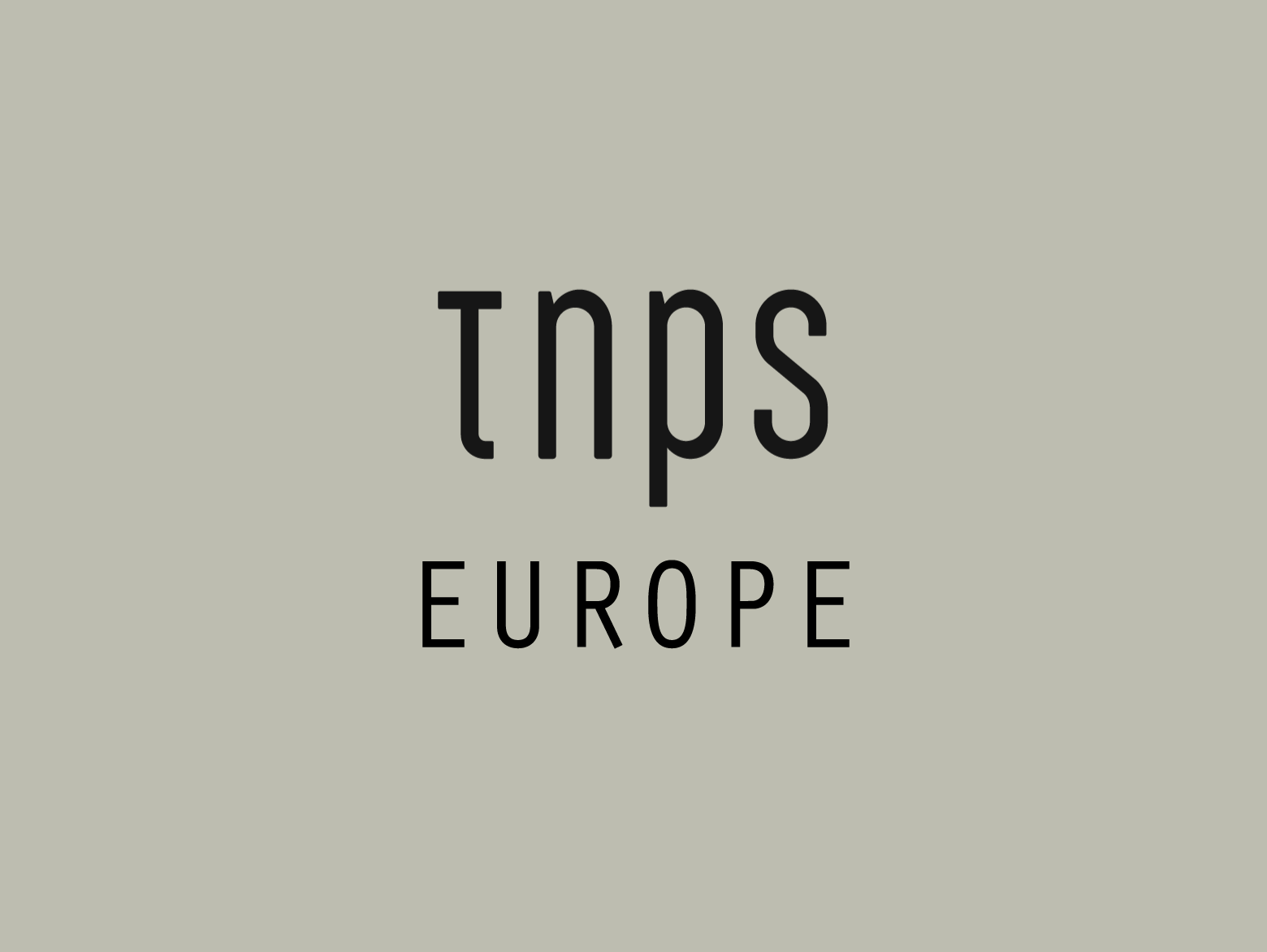English-language titles can be in huge demand if prices are appropriate to local market conditions. Big Bad Wolf sold over 30 million English-language books last year and this year is making 40 million available just for two online sales in Singapore and Sri Lanka. Some publishers might argue they simply cannot afford to produce books at these prices for these markets, but is that true?
It was only last November that Big Bad Wolf, in partnership with the UAE’s Sharjah Book Authority, announced ambitions to ship 1 billion books to emerging market cities over the next five years.
It was headline news here at TNPS but pretty much ignored elsewhere in the western trade media, which has long struggled to see how Big Bad Wolf fits in to the western perceptions of what global publishing is.
That’s an essay in its own right, and for another time. Here to examine how Big Bad Wolf’s experiment in online sales could prove a watershed moment for the global book market.
And we start back in November with the 1 billion books to emerging markets announcement –
that came just a month Big Bad Wolf took 3 million English-language books to Dubai, in the UAE –
and just a month before Big Bad Wolf held its mega-sale in Malaysia with 4.5 million books up for grabs in its trademark 11-day 24/7 flash sale.
And that in turn came as Big Bad Wolf prepared its 2020 Cambodia debut with one million English-language books to Phnom Penh, and its second year in Myanmar, with one million English-language books to Yangon.
Already we’re talking huge numbers of English-language books being sold in 11-day flash sales in countries few western publishers give a second thought to as book markets, but this was just the tip of the iceberg.
All told in 2019 Big Bad Wolf shipped over 30 million English-language books to countries as improbable as the aforementioned Myanmar, Cambodia, Malaysia and the United Arab Emirates, but also to Sri Lanka, Thailand, South Korea, Philippines, Pakistan, Taiwan and Indonesia, in events that attracted at minimum tens of thousands and often hundreds of thousands of visitors each time, eager to buy books at affordable prices that otherwise were simply unavailable.
In 2019 Big Bad Wolf debuted Myanmar and sold $1.8 million worth of English-language books in an eleven day event that drew a crowd of 250,000.
It was no one-off. In 2019 Big Bad Wolf took 1 million English-language books to Lahore, Pakistan. It took 1.5 million English-language books to Colombo, Sri Lanka, 2 million to Seoul, South Korea, 2 million to Manila, the Philippines, and 2 million to Taipei, Taiwan. It took 3 million English-language books to Dubai, UAE, and 3 million to Bangkok, Thailand. It took 4.5 million English-language books to Kuala Lumpur, Malaysia and 4.5 million English-language books (plus another 1 million local-language titles) to Jakarta, Indonesia.
And that was just for starters. Often these events were so popular that Big Bad Wolf had to go back again in the same year – twice last year to Pakistan, twice to Thailand, twice to Myanmar, four times to the Philippines, seven times to Indonesia and eleven times to Malaysia.
This year started off well. The Cambodia debut in Phnom Penh attracted 50,000 visitors in its first four days. This, remember, to buy English-language books.
But as the big Jakarta event got underway in Indonesia the pandemic was worsening and the Indonesia event was cut short. That was the last in-person Big Bad Wolf of the year, and for a brief while it seemed like the billion books plan was at the mercy of the coronavirus.
Big bad Wolf had other ideas. First it experimented in Indonesia with online sales using the third-party e-commerce site Tokopedia. That whetted the team’s appetite and as August turned to September Big Bad Wolf Thailand debuted online with a specially designed Big Bad Wolf book-sales site.
It wasn’t all plain sailing – this was after all Big Bad Wolf’s first try at online selling at scale and teething problems resulted in the event being extended. Which is great for us if we’re reading this as it goes live, as the Big Bad Wolf Thailand sales site can be seen in action here – at least until September 13.
Next, on September 17 Big Bad Wolf Singapore goes live, and on October 1 Big Bad Wolf Sri Lanka goes live. In both cases 20 million English-language books will be up for grabs. That’s 18.5 million more books than Big Bad Wolf took to Sri Lanka last year. Singapore is a debut event for Big Bad Wolf.

Why so many books? Put simply, Big Bad Wolf reasons that if it can draw such huge crowds at in-person events in individual cities, with all the constraints of time and travel that entails, how many more people might be tempted if the sales was literally nationwide, and the only limits were having an online payment option?
There’s no question that will be an issue for some, but Big Bad Wolf is gambling the upside will be far more booklovers reached then they could ever hope to manage with an in-person event.
And this is why this new incarnation of the Big Bad Wolf phenomenon is so significant for global publishers, demonstrating what is possible.
But first, let’s look at the realities involved:
Per past discussion here at TNPS, Big Bad Wolf of course sells mostly remaindered titles at seriously low prices, which is a big part of the attraction. The lesson for publishers here is simple:
English-language titles can be in huge demand if prices are appropriate to local market conditions.
Now some publishers might argue they simply cannot afford to produce books at these prices for these markets, but is that true?
Here’s the thing: a book being sold by Big Bad Wolf at an example $3 in Cambodia is the exact same book being sold in the USA at $20. There have been no additional editorial costs or other costs (other than distribution) and in most cases these books will have long since broken even in the home market.
By definition expected remaindered books are factored into the production costs. That is to say, publishers print more than they expect to sell, benefitting from the economies of scale that higher print runs bring.
Even if these books are pulped, the publisher has factored in the “loss”, of course, otherwise publishers would be going bankrupt week in-week out. But where the excess books are sold as remaindered titles there is a small but by volume significant return. And the significance of that return can increase dramatically as volume increases.
At which point let’s take Big Bad Wolf as one example among many of operators specialising in taking remaindered books off publishers’ hands.
Big Bad Wolf is talking, in 2019, 30 million remaindered books being shipped. In 2020 the Singapore and Sri Lanka online sales alone are taking in 40 million books between them. It’s talking one billion books over the next five years.
Which begs the question, where is Big Bad Wolf going to source these extra books from?
This is a huge opportunity for publishers, with Big Bad Wolf undertaking the logistics and the marketing, leaving publishers to make the content available at the right price. Some big publishers are already reaping the rewards here, of course, while others remain oblivious to the opportunity.
Which of course brings us back to the real issue here – the opportunity. Because these sales in these markets are all bonus sales of existing content that in all likelihood broke even on production costs many moons ago.
In other words, every extra cent is profit. It’s a publishers’ cash cow.
Remaindered books, once viewed by publishers as collateral damage, are already big business in many countries.
The UK high street remaindered books seller The Works in August 2019 announced plans to open fifty new stores across the UK, and while this number was later reduced, and this year’s pandemic will have hit sales as with every other bookseller, the reality is that remaindered books are a lucrative business that helps publishers scale up print runs, knowing the excess won’t be pulped.
And with Big Bad Wolf the remaindered books angle goes global.
Which brings us back to the economics argument that underpins why publishers should be salivating at the growth of Big Bad Wolf, and especially the new direction with online sales.
It’s a simple matter of X% of something or 100% of nothing.
Let’s look at it this way. Big Publisher ‘A’ sells 100,000 books at $20 a shot in the US. It rigorously enforces territorial rights or takes the view that the book is worth $20 and nothing less will do. Big Bad Wolf, The Works, etc, are anathema to its principles. It rakes in $2 million, breaks even early on and then is in a nice profit zone.
Big Pub ‘B’ also sells 100,000 books at $20 a shot in the USA, but it takes a more progressive view to global sales, and accepts that few people in Pakistan or Sri Lanka or Cambodia can afford anything near the US asking price.
So instead of a 200,000 print run it dashed off 300,000. It sells the 200,000 for $2 million but got a much better unit print price and make a batter profit on those sales than Big Publisher ‘A‘. It has extra books on hand should US demand exceed the 200,000 mark, without having to pay out again for a catch-up print run, and any excess will go to a remaindered books buyer like Big Bad Wolf with permission to sell in markets outside the territorial limits.
The publisher finds new audiences in far-flung lands, makes a small additional profit on the venture after the bulk cost of the higher-print run (which of course gave a better unit cost) and starts to think about expanding its reach further in the aforesaid far-flung land
Of course, without an organisation like Big Bad Wolf the distribution hurdles for print are significant. No publisher can do this on their own. But there are two elegant solutions arising from all this.
First, as is already happening with some publishers, Big Bad Wolf can be partnered to deliver non-remaindered titles to these markets. That is to say, deliberate excess benefitting from lower print-run costs by volume. Anecdotal evidence suggests this is already happening, although publishers are not saying so outright.
Second, and again emphasising that the editorial costs have already been taken care of in the initial homeland print runs, these same English-language books can be made available globally at localised low prices in digital format, as ebooks.
Ten years ago that option offered little ROI as there were so few people able to access digital books around the world. It was not until 2010, for example, that Amazon even expanded its Kindle store to the UK.
But today there are 4.8 billion people online and the vast majority of them – 90% – are using smartphones to access the internet.
The only things stopping eager consumers around the world accessing digital books are availability, accessibility and affordability.
Availability is a publisher issue. Publishers need to move forward from the era of anachronistic territorial restrictions, which evolved when print was the only meaningful format.
Affordability is a publisher issue. Publishers need to be more willing to experiment with localised pricing, not set a price in the US and then wonder why, having autorised world rights, so few people in the emerging markets are buying.
Accessibility is largely beyond the publishers’ control, but even here publishers can go that extra mile to ensure they are maximising their distribution. But the big problem here is the indifference of the main digital players in embracing the emerging markets.
Amazon’s Kindle store is only available in a dozen or so markets. It is available in none of the Big Bad Wolf countries. Ditto Apple, despite notionally having 51 Apple Books stores. Google Play is notionally in 75 markets, while Kobo is available worldwide but meaningfully in less than twenty markets.
Meaningfully here meaning with localised pricing and payment options, not being sent to the US store.
One simple way of resolving these issues is the digital subscription model we already see being rolled out across the globe, and really the only things holding back this model at the start of this decade are publisher inhibitions and misconceptions and the aforementioned anachronistic territorial restrictions.
Anachronistic especially because most publishers are not applying these ludicrous restrictions to digital audio, just to ebooks and print.
Without my UK credentials I cannot, for example, legally buy a Lee Child Jack Reacher ebook from anywhere, but I can download the audiobooks here, albeit at US prices.
As publishers wake up to the incredible opportunities global digital offers them in this new decade, so these inhibition and redundant restrictions will fall by the wayside.
The Global New Renaissance is just beginning, and the new decade will see the renaissance bloom in both print and digital formats, ironically accelerated by the very pandemic that, earlier this year, was believed by some to be sounding the death knell for the industry.





